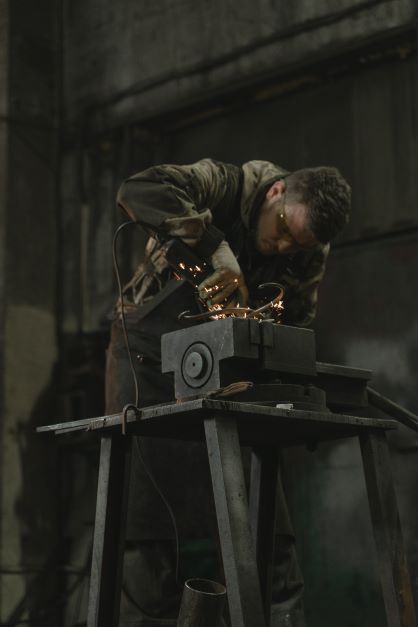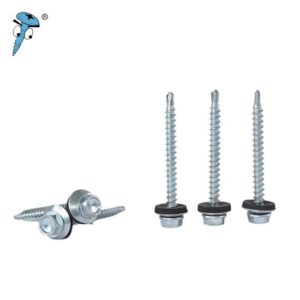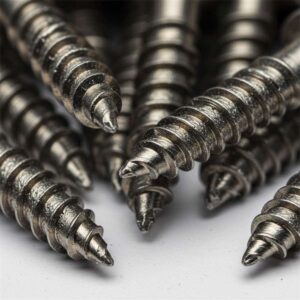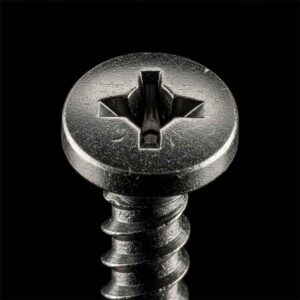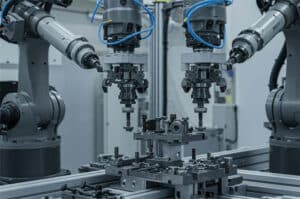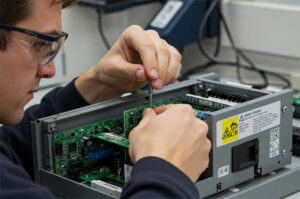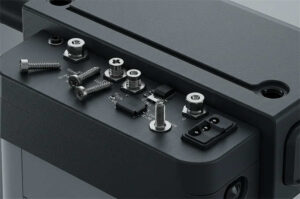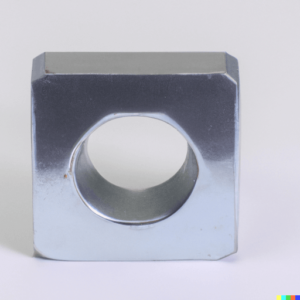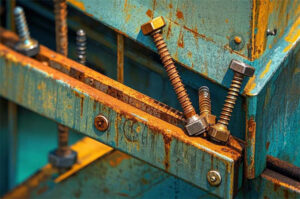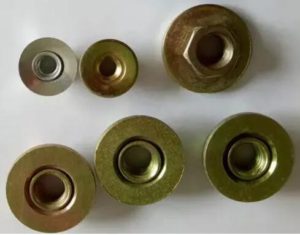Screwing Into Thick Metal: How to Use Self-drilling Screws and Its Advantages
Metalworking can be a complex process without the proper techniques and tools to use, especially for connecting parts that require stability like fastening. Fasteners like screws have been traditionally used today in almost all connections that aid our daily activities to become easier and more efficient. They are simple devices that play a crucial role in ensuring structural integrity in the construction and automotive industry. These industries often use metal in steel frames, vehicle engines, bodies, and more which are affixed by screws, nuts, bolts, and studs. In some applications with heavy-duty qualifications, a more capable system is required to suit its needs, self-drilling screws are designed to tackle the necessary features which standard screws can’t provide. They are equipped with unique features that eliminate pre-drilling holes during installations and are durable for long use spans.
What are Self-Drilling Screws?
Self-drilling screws are also called tek screws or self-tapping screws because of their similar functions that resemble confusion to many. These devices have distinct characteristics that can be determined through their capability in use. The use of self-drilling screws has proven efficient in metal parts like metal sheets, thick steel, and others because of its special design. They are made with sharp cutting edges that can penetrate metal even thicker materials with the help of tools.
With the variation of sizes and head design, they can work for appropriate situations that require the exact functions such as ease during installation, anti-tampering solution, and quick removal in repairs and replacements.
Read More: Self-drilling Screws Production
A Guide to Screwing Metal Parts and Connections
In connecting materials like wood or metal, drilling a pilot hole is a necessary step to avoid stripping threads and damaging any of the materials. Metal is a solid surface that can’t be easily penetrated thus using tools such as drills and powered drivers. When using screws to connect any metal you should start positioning the point where it is intended and drill slowly while increasing at speed. When the head of the screw touches the surface of the metal and the body is tightened against the parts you should stop drilling. Make sure the screw isn’t tightened too much as it can cause pressure and snapping of its body.
It is also important to prepare for the safety of the worker by wearing safety gear and goggles as some debris can fly away and accidentally get into the eyes. Lubrication is also recommended for reducing friction and heat build-up in the installation of screws. Friction can cause damage to the surface of screws as it builds a gradual loosening. This kind of fastener failure is a risk to the safety and security of the components and humans. Another way of ensuring uniformity and security of connecting metal is using clamps instead of hands during the placing of objects. It can provide stability during the drilling and can keep the materials in place preventing them from wandering around.
When needing more technical support in fastening into thick metal and other materials, you can contact Prince Fastener Manufacturing Co., Ltd. to ensure your materials have the best quality features and accurate solutions for your project.
Get Factory-Priced Self-Drilling Screws from Reliable Supplier
Prince Fastener Manufacturing Co., Ltd. is a renowned manufacturer and supplier of a wide range of fasteners including self-drilling screws. We use high-quality materials and precise engineering in fabricating the most suitable solutions for many industrial applications and fastening systems. We offer wholesale and bulk fasteners for any industry and businesses with large projects and fastening needs. Our self-drilling screws are manufactured with strict standards such as ISO, DIN, JIS, etc. to ensure the stability and reliability of assemblies and connections.
